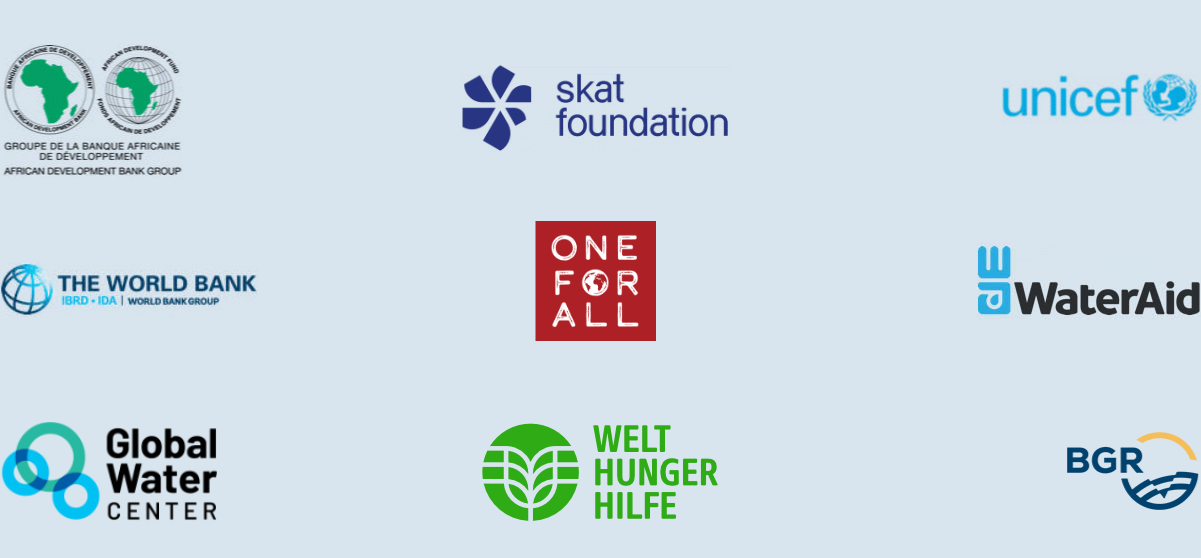Announcement from 21.08.2014
The Politics of Professionalism Word from the Chair

Ton Schouten
© 2014 IRC • IRC
We are all professionals; you the members of RWSN are rural water supply professionals. You all work for different stakeholders, governments, NGOs or private sector. You all work at different levels: community, local government, national or international cooperation. We all have one thing in common: a professional background and enthusiasm for rural water supply. Some come from a more engineering perspective; some come from a management, social science or governance perspective.
Professionals do not operate in isolation. What happens with rural water supplies is influenced by decision-makers in Ministries, by political leaders, influential leaders at a local level, community organisations and others. Many water supply professionals work in a decentralised environment. Sometime decisions are taken that professionals consider as counterproductive. For example: when funding is not targeted to those in greatest need; or when government is too slow to act, or if political leader promise things that contradict existing policies, plans or approaches. During a training that I facilitated some years ago, an engineer working for the Public Health Engineering department in one of the states in India lamented about: “…when local government talks and decides about things it does not know anything about”.
The balance between professionals and decision-makers is delicate. These people live in different worlds – even using different languages and vocabulary – but they must come together and respect each other’s perspectives and positions. In many countries, professionals in water supply struggle with decision makers and vice-versa.
Cooperation needs to get better: building trust, respecting positions and professional expertise, listening carefully and having the spaces for discussion and exchange. It is the only way – now and then it will be cumbersome and frustrating, but it is the only show in town. Professionalism and politics have to live together. But in the end, and to be honest, it is nice to be a professional and it is good to be proud of the profession and stand up for it; all the rest will follow from understanding and wisdom.
At the World Water Week in Stockholm this year, Stef Smits, representing the RWSN, will present a case on the politics of professionalism. If you are at the conference, come and join this seminar organised by the Sanitation and Water for All (SWA) initiative on Monday 1st September 2014 from 17:45 to 18:45 in Room T2.
Ton Schouten, Chair







 Google Übersetzer
Google Übersetzer